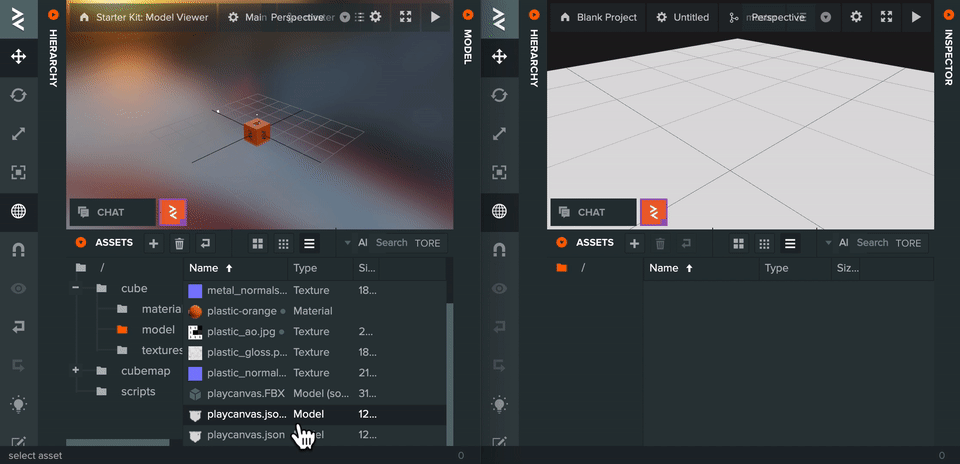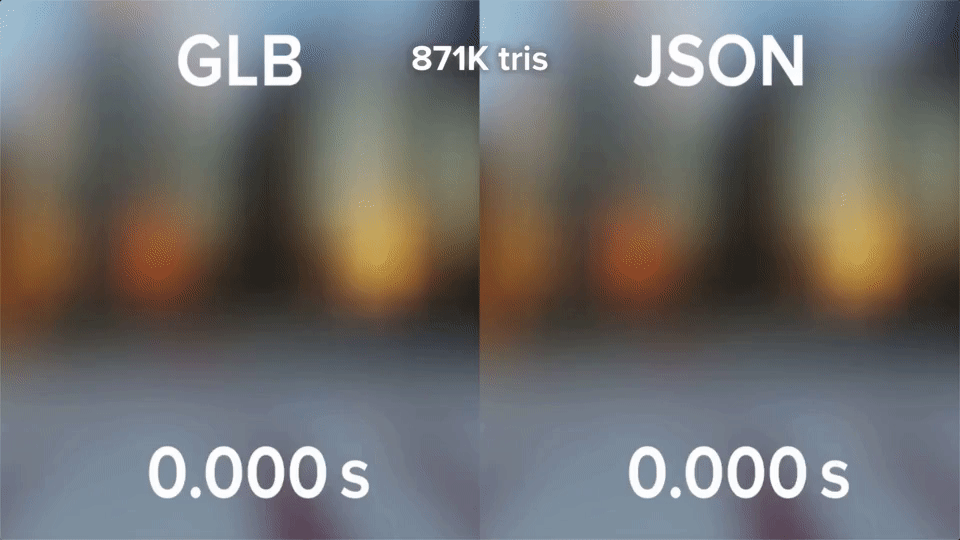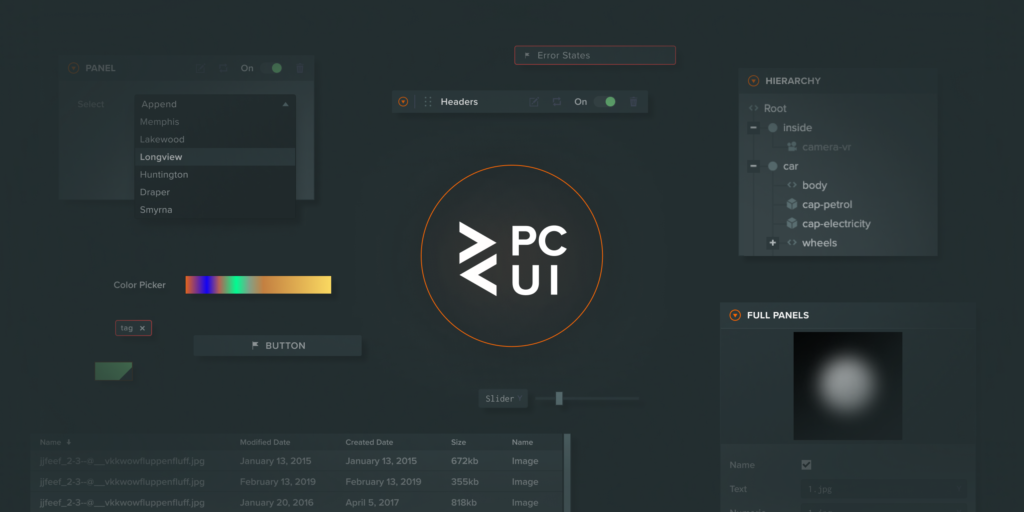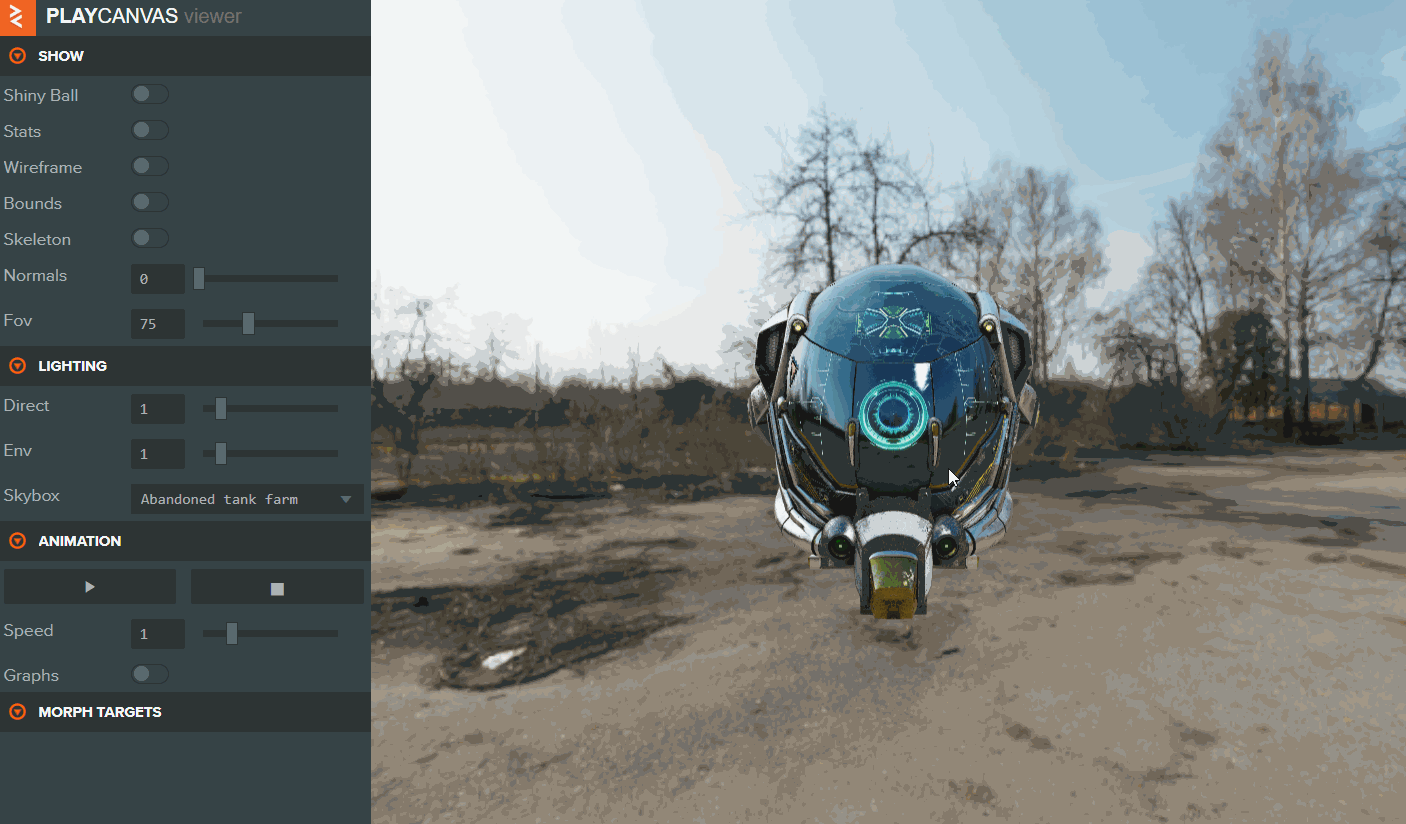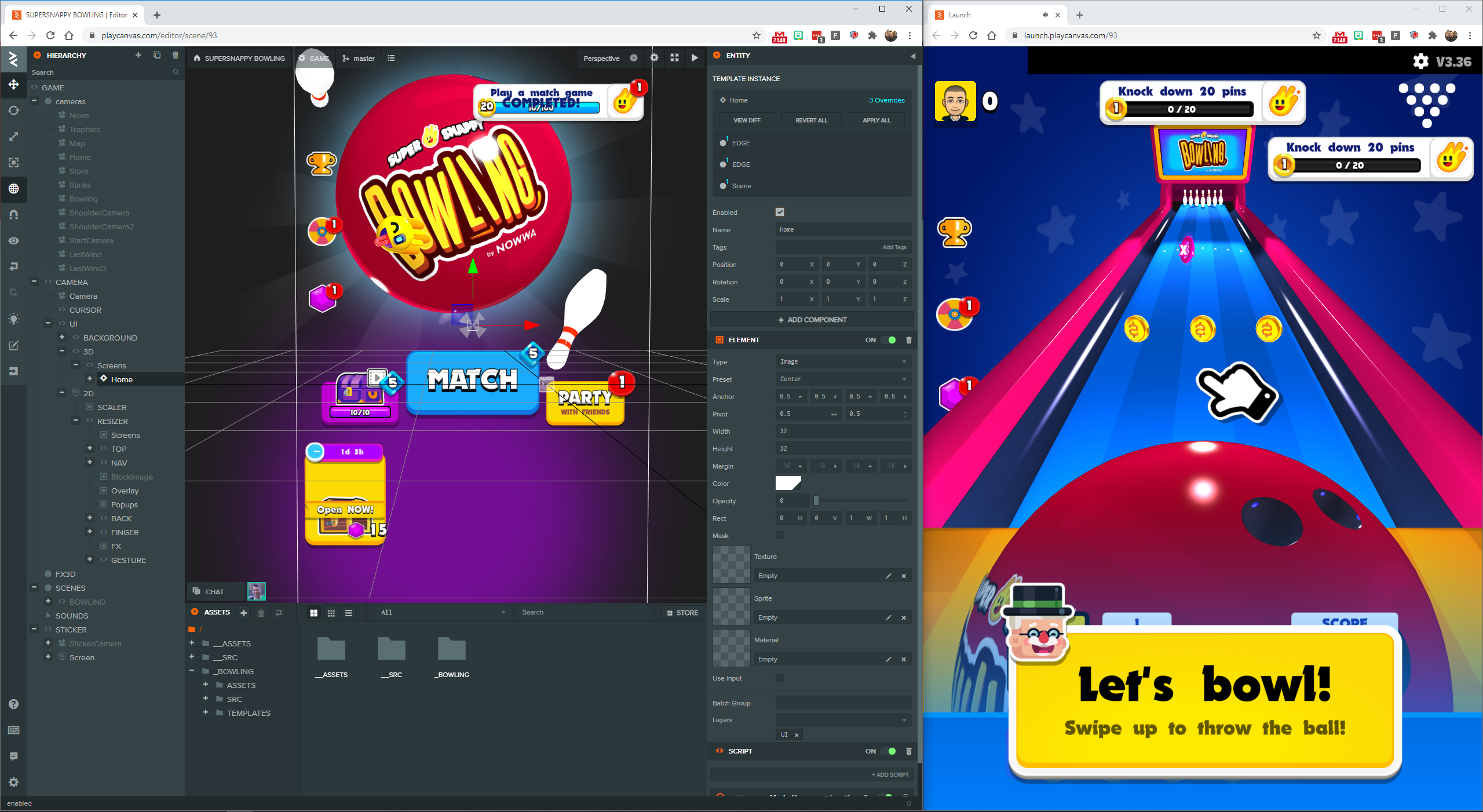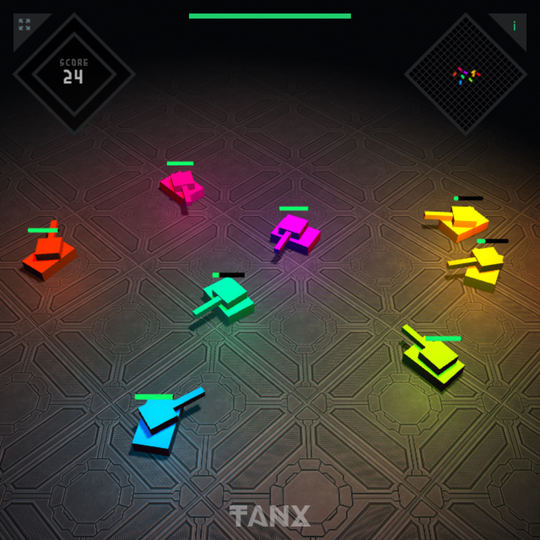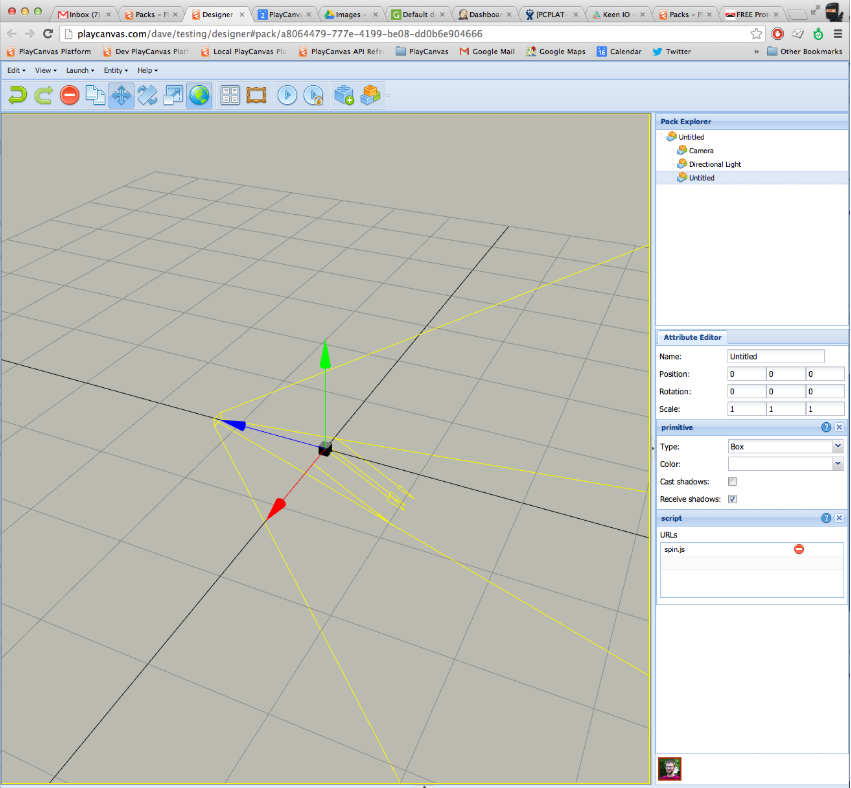Copy and Paste Assets between Projects
PlayCanvas has a pretty cool (but not widely known about) feature that allows you to copy and paste entities and entity hierarchy between two instances of the Editor. This can save a lot of time, particularly when setting up new projects.
Many of you have requested the ability to do the same with assets. Well, we listened - and now you can! 🚀
